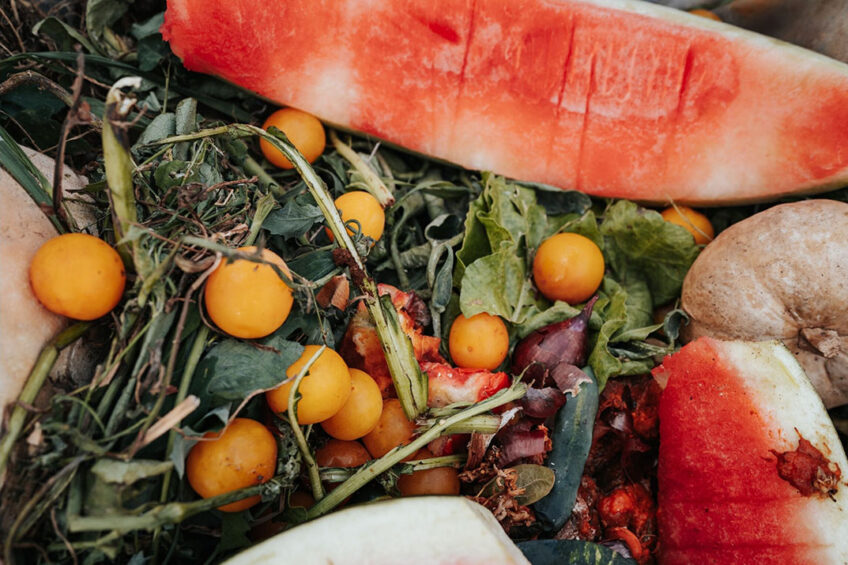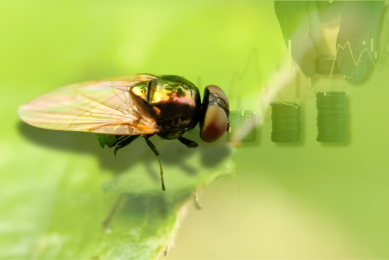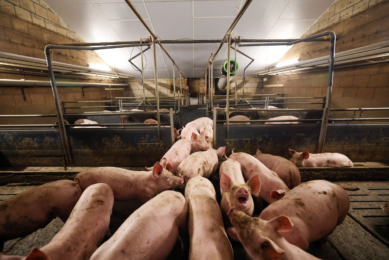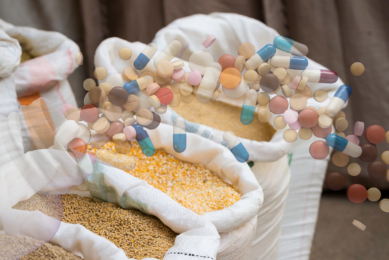Russia considers processing food waste into feedstuff

The Russian deputy prime minister, Victoria Abramchenko, has instructed the government to prepare a draft scheme of food waste processing. Abramchenko wants food waste to be used as fertilisers and feedstuff, but all previous attempts to achieve sizeable progress in this field made in the past few years failed due to excessive regulation.
Denis Butsaev, head of the Russian Ecological Operator, commented that the expired products and separately collected food waste of the HoReCa industry indeed could be used in feed production after undergoing special treatment.
A failed attempt
This is not the first time that Russian authorities have tried to revise the current rules of food waste processing for the benefit of the domestic feed industry.
A draft bill allowing Russian feed companies to use expired food products was registered by State Duma, the lower chamber of the Russian Parliament, in July 2020. However, there has been no progress on this bill since.
Russian lawmakers reportedly failed to find a balance between the commercial prospects of processing waste into feed and the veterinary safety of the obtained products.
Tonnes of protein go in vain
Every year around a third of all food produced for human consumption in Russia is wasted, said Vladimir Burmatov, chairman of the State Duma’s ecological committee, resulting in around 17 million tonnes of waste per year. Currently, almost all food waste ends up in landfills in Russia, mixed up with other household waste.
Andrey Karpov, head of the Association of Retail Market Experts, explained that the current regulation encourages companies to hand over food waste for some kind of recycling, but on the other hand, the law prohibits their reuse. Therefore, Karpov said, food ends up in specialised landfills.
Dozens of regulations
Food waste processing and the further use of obtained production are now regulated by more than 50 laws and regulations, the Russian Agricultural Ministry estimated.
“The number of regulatory documents adopted by various government bodies, as well as the ambiguous interpretation of federal laws, lead to difficulties,” the Ministry said, adding that for agricultural producers, a non-compliance with the existing regulation could lead to substantial fines.
Investments needed
The problem of using expired food products and food waste is quite relevant for the modern world, said Dmitry Rylko, head of the Institute for Agricultural Market Studies. He stressed that the collection and disposal of such garbage require serious investments, which is why it lacks development in Russia.











